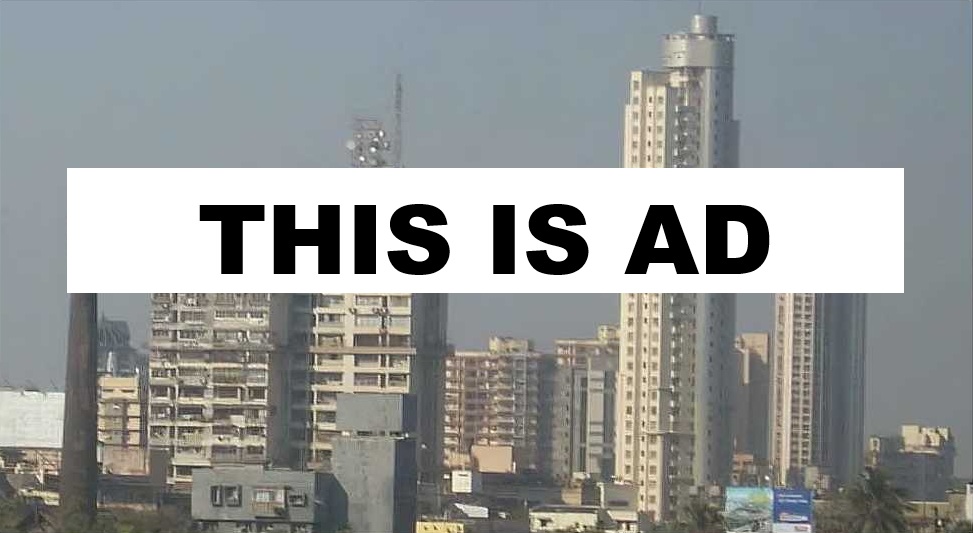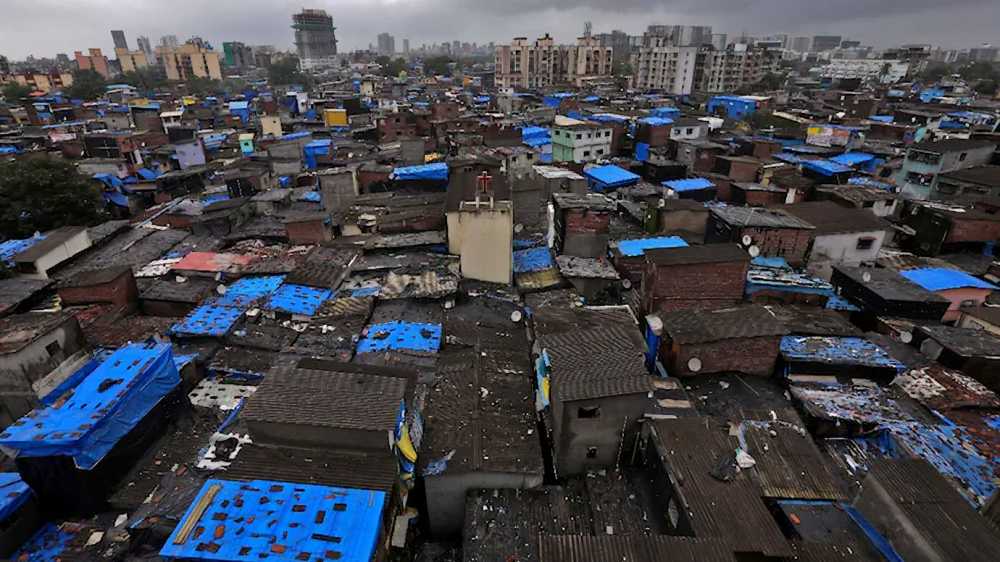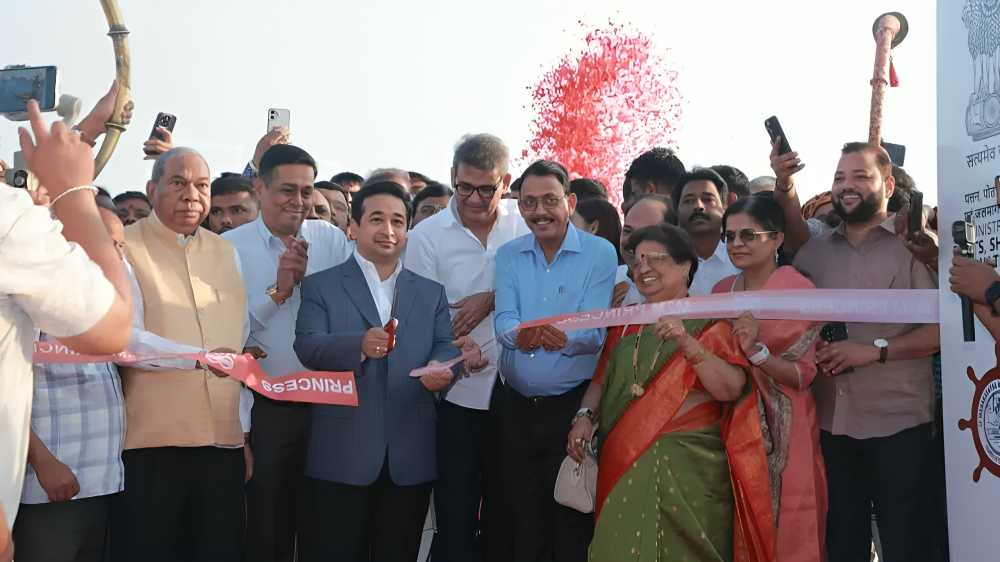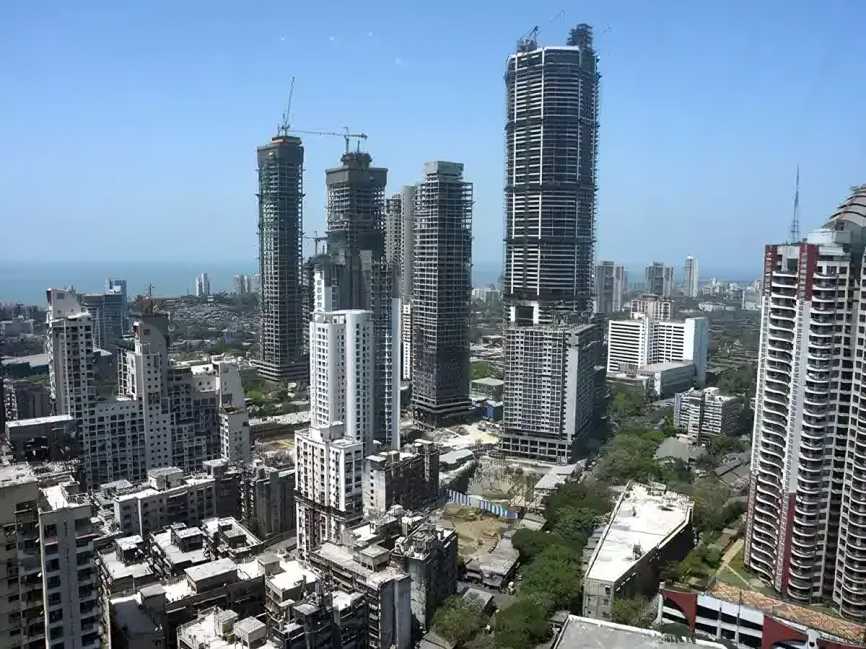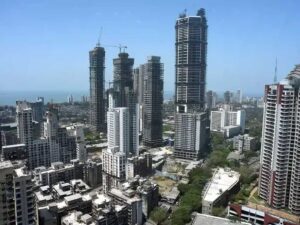September 11, 2025: Mumbai’s housing landscape is set for a major transformation as 910 housing societies currently under redevelopment are expected to deliver 44,277 new homes by 2030, according to Upgrading Mumbai – The Redevelopment Story, a report released by international property consultant Knight Frank.
The majority of these homes—32,354—will come up in the western suburbs, followed by 10,422 in the eastern suburbs, 1,085 in Central Mumbai, and 416 in South Mumbai. Together, these projects span 326.8 acres within Greater Mumbai, with an estimated market value of Rs 1,30,500 crore. The report notes that Mumbai has nearly 1.60 lakh societies aged 30 years or more that are eligible for redevelopment.
Notably, the data excludes redevelopment of slum colonies under MHADA and self-redevelopment initiatives. In the next five years, the state could earn Rs 7,830 crore in stamp duty revenue and Rs 6,525 crore in GST from the sale of these homes, said Shishir Baijal, chairperson and managing director of Knight Frank India.
The study highlights that more than 80%—or 754 of the registered agreements since 2020—were for plots below 0.49 acres, pointing to the difficulties of aggregating larger land parcels in a dense city. Only nine societies on 2.47 acres opted for redevelopment during the same period.
Once completed, these redeveloped homes will account for 14–15% of the new supply in Mumbai’s real estate market, though slum rehabilitation will continue to dominate new additions. “Our assessment suggests that in markets below Rs 40,000 per sq ft price, developers should not share over 30-35% of the total area with society members. This may increase to 35-40%, where prices range between Rs 40,000 and Rs 60,000 per sq ft, and up to 50% in locations priced over Rs 75,000 per sq ft. Beyond these thresholds, cash flows lose flexibility and projects become vulnerable. Prices of anything below Rs 40,000 per sq ft have limited margins,” said Gulam Zia, senior executive director, research, advisory (infrastructure and valuation), Knight Frank India.
The report also found that project timelines typically extend from 8 to 11 years, from inception to completion. It further dismissed the belief that redevelopment is fueling rental demand, noting that displaced families make up only 8% of this segment.
Source: Hindustan Times






